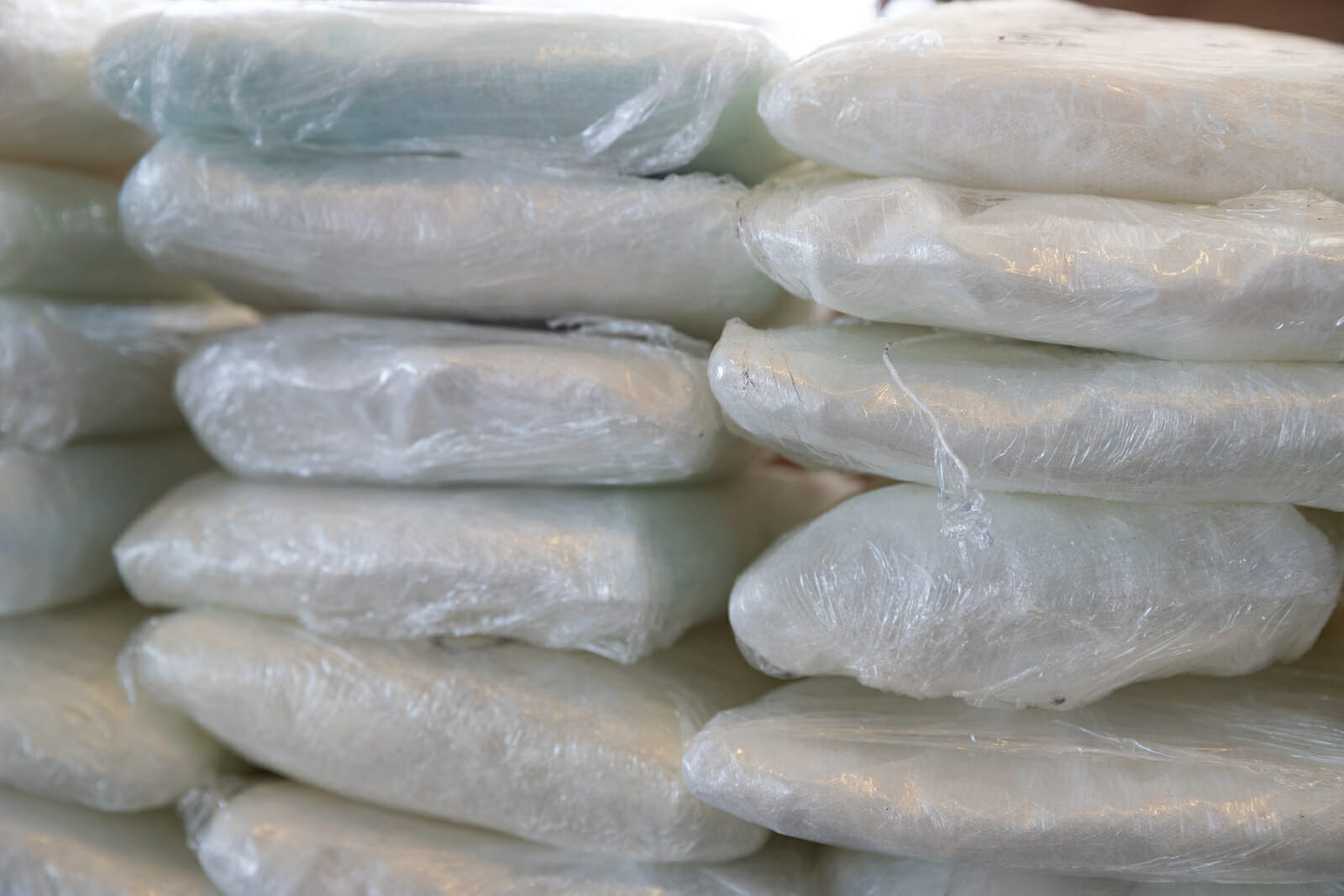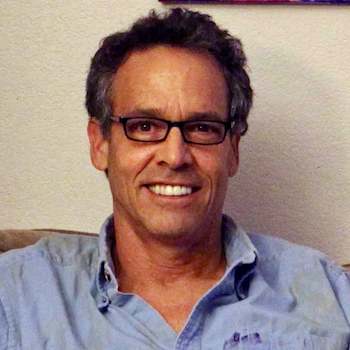
Health
Where is the Responsibility in Prescription Opioid Abuse?
According to the Centers for Disease Control and Prevention, between 1999 and 2017, approximately 218,000 Americans died from an overdose related to a prescription opioid. There is a lack of evidence as to how many of these individuals had an addiction disorder or were using prescription opioids for recreational purposes or chronic pain. However, there is indisputable evidence that the government does not hold itself or drug users responsible for the opioid epidemic, but instead places full culpability on pharmaceutical manufacturers and wholesale prescription drug distributors.
Beginning in 2001, states, cities, local municipalities, and classes of individuals have sued opioid manufacturers and distributors for the harm done as a result of individuals abusing prescription pain medication. Purdue Pharma, the developer of OxyContin, has settled numerous lawsuits and is considering settling over 2,000 claims for tens of billions of dollars; while Johnson and Johnson was recently ordered to pay $572 million to the State of Oklahoma.
Although addiction is poorly understood, it is considered a disease of the brain that influences behavior. Does this mean that one with an addiction disorder is not responsible for obtaining and abusing prescription drugs? It can be exceedingly difficult for addicts to abstain from substance abuse, yet many with an addiction disorder have stopped using drugs. Unfortunately, addiction treatment in the US is abysmal, but 12-step programs, such as Narcotics Anonymous, remain free of charge and are common across the country.
Government has an influence on drug abuse through its policies, regulation, and law enforcement all of which can affect drug supply. Doctors provide the gateway to prescription opioid use and state medical boards regulate these physicians. The Drug Enforcement Administration is charged with enforcing drug laws, while the Food and Drug Administration’s job is to regulate opioid manufacturers and distributors. Nonetheless, all of these entities have assumed no culpability, financial or otherwise, for prescription opioid abuse even though each one has failed in its duties.
It is a fact that some opioid manufacturers and distributors have acted in a dishonest, unethical and sometimes illegal manner but individuals are ultimately responsible for their prescription opioid abuse. The reason the drug industry is being sued is obvious—they have the money—and state and local governments want that money to mitigate problems they neglected to control.
The abdication of responsibility modeled by the government creates a negative example for society. Instead of each person accepting responsibility for their choices and actions, one can blame someone else. Instead of government regulators and law enforcement doing their jobs, they try to hold others accountable for their failures.
Prescription opioids have become less available in recent years as a result of aggressive government action, and as a consequence, there has been a decrease in total opioid overdose deaths. At the same time, illicit fentanyl use is on the rise and is currently responsible for the majority of overdose deaths. Substance abusers have simply switched drugs and much of the illicit fentanyl is coming from China. Who is going to sue China?
